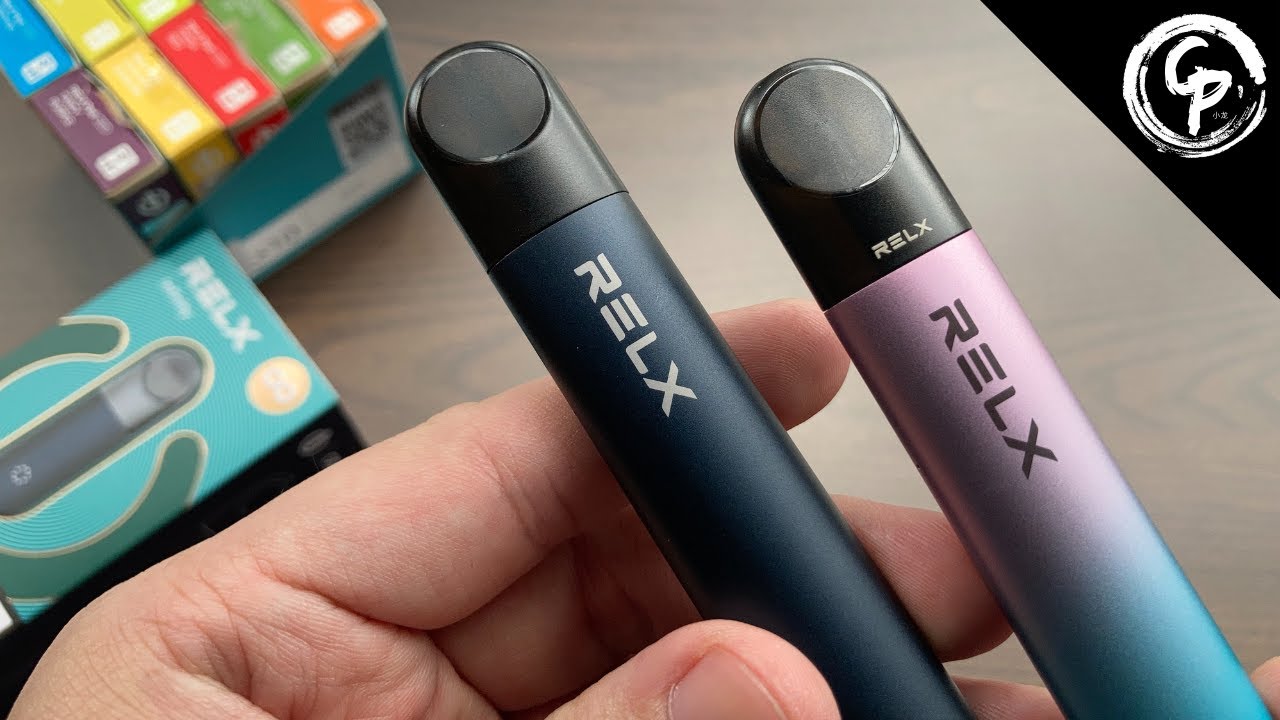Keurig Green Mountain reached a tentative settlement with a consumer that is suing the company for its claims regarding coffee pod recyclability. The case was filed in the U.S. District Court, Northern District of California in November 2018. It alleges that the company deceives consumers by claiming that its polypropylene K-Cups can be Relx Vape.
The details of the deal, which represents the second major settlement in recent months over brand owners’ recyclability claims, have not been made public. Kathleen Smith, a Lafayette resident, sued Keurig Green Mountain. She claimed that Keurig instructed customers to remove the metal foil from used K-Cups and to compost or dispose of the coffee grounds. Then, they advised consumers to recycle the cup and filter.
The lawsuit claims that the cups can fall through the sorting screens at material recovery facilities (MRFs). This is due to their small size, especially after being compacted in pickup trucks. After they’re disposed off, however. The suit claims that cups can be contaminated by other recyclables if they are not disposed of at the MRF. Even if the cups are sorted, bagged, and sold to a plastics recycler, the residual metals and food contaminants can make them difficult or impossible to recycle.
Keurig requested that the case be dismissed citing a variety of reasons. Keurig claimed that the plaintiff failed to distinguish between its original coffee pods and its recycled PP pods. This claim was made after Keurig tested the pods with recycling companies to confirm their recyclability. KW Plastics, Merlin Plastics, and others were involved in the K-Cup recycling trials. Keurig also argued that its marketing language conforms with the Federal Trade Commission’s Green Guides. California statutes reference them because Keurig informs consumers that the cups can’t be recycled in all communities, and instructs them “check locally.”
Keurig demanded that the case be dismissed. They cited a number of reasons. Keurig claimed that plaintiff failed to distinguish between original coffee pods from its recyclable PP pods. These PP pods were introduced in 2017. After testing with recycling organizations to ensure their recylability, they were launched in 2017. KW Plastics was and Merlin Plastics were both involved in the K-Cup recycling trial. Keurig also moved to dismiss the case. Keurig claimed its marketing language was compliant with the Federal Trade Commission’s Green Guides. California statutes refer to them. Keurig tells customers that the cups are not recyclable in all areas and asks them to “check local.”
